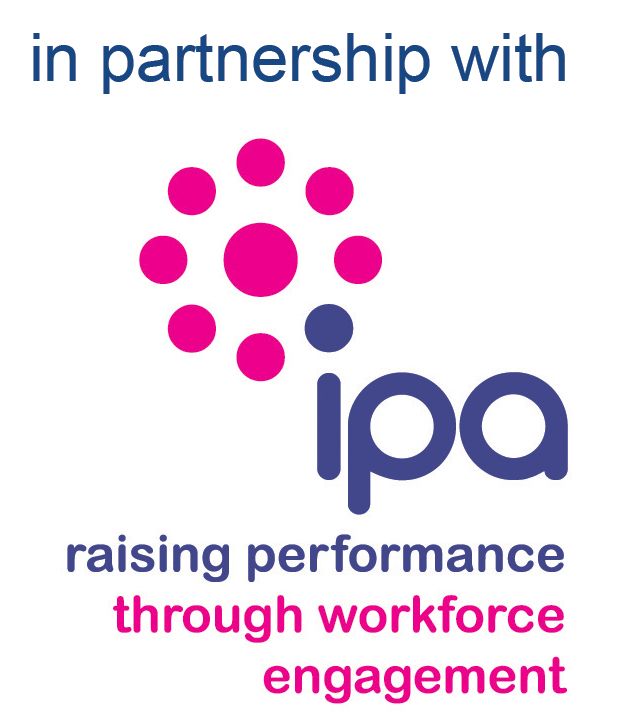Featured

Future of Work: Behind the masks – good work for autistic women
This toolkit is the result of in-depth qualitative research with autistic working women and covers their experiences, insights into current employer practices, and recommendations for positive change in terms of policy and leadership.


